Hero's Journey, Motivation, Story Formula, Story Telling
Has The Traditional Story Formula Changed?
Has The Traditional Story Formula Changed?
It has been suggested by some writers, publishers, and researchers that a certain formula exists to create the perfect winning storyline. “Winning” typically means salability, of course. On the other hand, there are an abundance of authors who state they use no such formula and yet are equally successful. I’ll share a little of both sides of the coin before giving my own thoughts on the matter.
As to answering the question, “Has the traditional story formula changed at all?” Well, that all depends who you ask!
The Argument for Having a Story Formula
For many writers, a story formula provides a structure upon which to place ideas. It’s like the spider’s web that catches plots and characters as they come from the mind.
Here are a few quotes from those who tout that writing from a story formula may be best:
- Stephen King, quoting a note from an agent upon editing one of his manuscripts, shares this strategy: “Formula: 2nd Draft = 1st Draft – 10%.”
- Michael Palmer shares how outlining is his strategy for success by stating, “I spend 4–5 months developing my story in this form… Reworking a detailed outline is possible for me. Rewriting an entire book would be disastrous.”
In all actuality, many publishing houses require a standardized outline to evaluate a potential publishing agreement for an unwritten manuscript. This structured tool provides transparency for those who cannot yet see the end result of the author’s intent. In such cases, it may be necessary to write in a certain formulaic approach.
The Argument Against a Story Formula
Today’s publishing landscape has changed with the Internet Age, allowing many to self-publish or express ideas electronically to large audiences without aid from any traditional publisher. For these writers, a formula may be irrelevant.
Considering the widespread availability of non-conventional publishing opportunities, there are plenty of authors who state that story formulas are extraneous:
- Scott Bartlett, author of The Royal Flush, says in a highly cited blog post that “There is no formula.”
- PJ Parrish shares, “I hate to outline… It’s tedious, painful and feels utterly pointless.” She also goes on to state that she prefers a five paragraph style of concept detailing, although admits many publisher have required an outline before fronting money.
- Harlan Coben also avoids outlining, “I usually know the ending before I start. I know very little about what happens in between.”
- Donald Barthelme puts it delicately as quoted in his biography Hiding Man, “Not-knowing is crucial to art, is what permits art to be made.”
For me, this last quote by Barthelme is what appears most accurate and natural to the storytelling process.
The Art of Storytelling
The art of storytelling has existed since the dawn of man, I suspect. Humans have an innate interest in the mysterious revelations that occur when a story is drawn out rather than jumping straight to the conclusion. The process of creating art is often unrealized by the artist. Likewise, a good storyteller just tells in the way that makes the best sense to him/her.
In the end, I truly believe that drafting the best story is about drawing out the inner ideas of the author in a cohesive yet artistic format. For some authors, this process may involve a repeatable formula or incorporate use of an outline to lay out ideas. For others it may be a looser and more organic process. After writing the story in a way that seems most fitting to the author, then the next step is about finding the right audience for the story — whether that’s 5 people or 5-million.
Are you part of the audience looking for an adventure novel or sci-fi fiction? Check out my list of published books at www.leifericksonwriting.com to try something new!

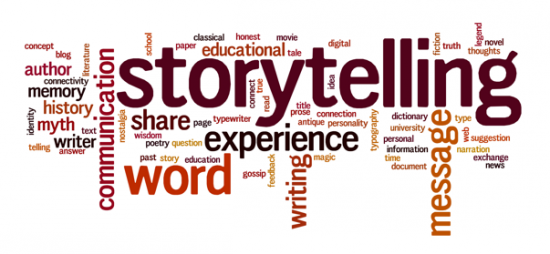
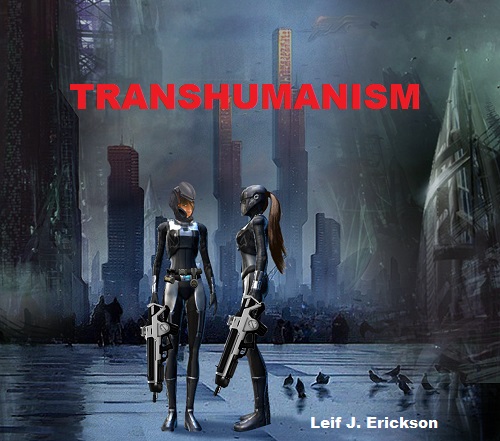
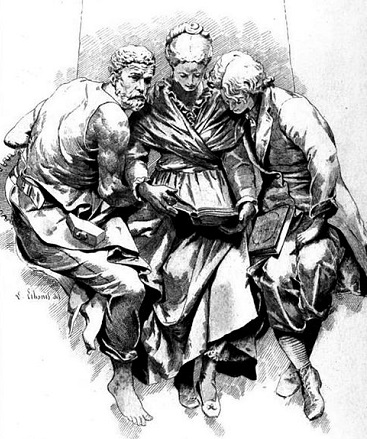

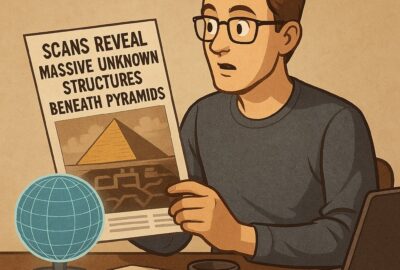

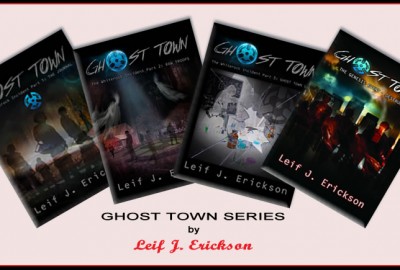
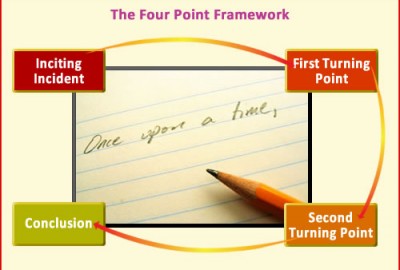

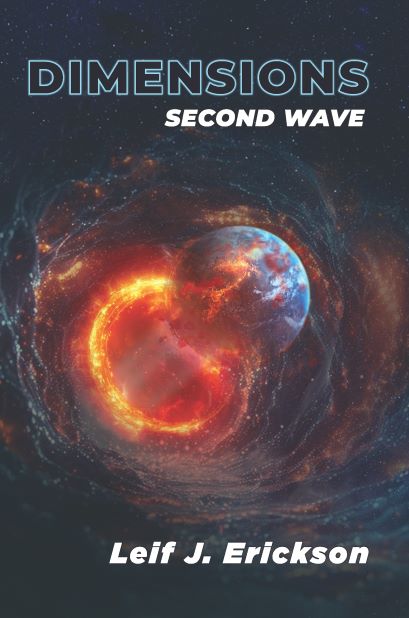
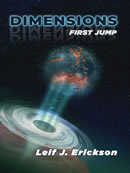
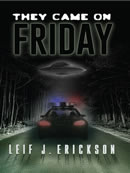
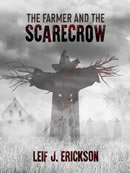
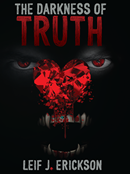
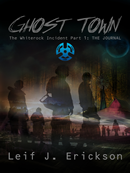
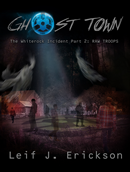
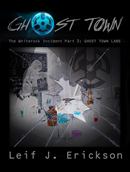
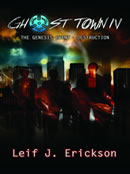
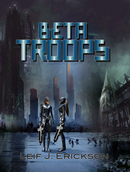
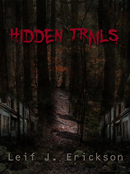
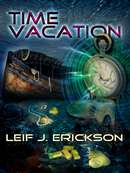
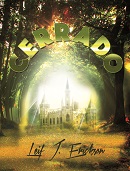




Leave a reply
You must be logged in to post a comment.